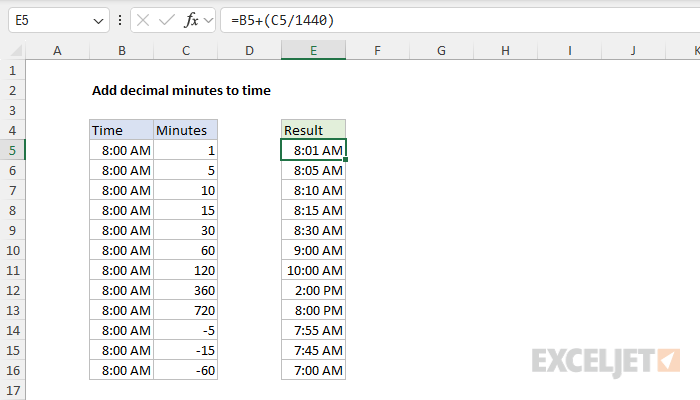Effective Ways to Kill Grass Without Chemicals in 2025: Discover Eco-Friendly Solutions
Maintaining a healthy landscape can be a challenge, especially when it comes to controlling unwanted grass and weeds that invade your garden and lawn. Many homeowners are looking for effective ways to kill grass without resorting to harmful chemicals. In 2025, eco-friendly solutions are more important than ever for those who prioritize sustainability and environmental health. Understanding various natural methods can help you eliminate grass efficiently without compromising the well-being of the ecosystem.
This article explores effective grass eradication techniques, focusing on natural grass killing methods, proven garden maintenance tips, and non-toxic grass killers. Learn about the benefits of environmentally safe herbicides and how to implement them into your seasonal lawn care routine. By using these techniques, you can transform your garden space while ensuring a chemical-free environment for your family and pets.
Key takeaways include:
- Insights into natural grass removal methods.
- The effectiveness of household remedies for grass control.
- Practical lawn care tips to maintain healthy landscapes without chemicals.

Understanding Natural Grass Removal Techniques
Building on the fundamentals of landscape maintenance, understanding the different techniques for natural grass removal is essential. These methods not only help eliminate unwanted grass but also improve soil health and promote the growth of desired plants.
Biodegradable Herbicides: An Eco-Friendly Alternative
Biodegradable herbicides provide an effective way to manage grass growth without the negative impacts associated with traditional chemicals. These products are formulated from natural ingredients that break down safely in the environment. When choosing an environmentally friendly lawn care product, look for glyphosate-free options that reduce the risk of harming non-target plants.
Soil Solarization: Using the Sun’s Power
Another excellent method for killing stubborn grass is soil solarization. By covering moist soil with clear plastic, you create a greenhouse effect that heats the soil to temperatures lethal to weeds and grass. This method is most effective during the summer months and can significantly improve soil quality for future planting.
Vinegar and Boiling Water Solutions
Household remedies such as vinegar and boiling water are highly effective for weed control. Vinegar contains acetic acid, which can dry out and kill grass upon contact, while boiling water offers a direct and immediate solution to unwanted vegetation. These methods are simple, readily available, and entirely non-toxic.
Using Salt for Grass Elimination
Salt is a potent natural herbicide that can effectively kill grass, but it requires careful application to avoid damaging surrounding plants. Create a saltwater solution and apply it selectively to unwanted areas. Remember, excessive salt can negatively affect soil health, so it should be used sparingly.
Manual Grass Removal: The Old-School Method
With these basics established, let’s delve into hands-on manual grass removal techniques. Although they require more effort, manual methods can be highly effective and environmentally friendly, ensuring that you minimize the ecological footprint of your lawn care.
Using Gardening Tools for Grass Control
Manual control methods involve tools such as a hoe or a spade to uproot grass. This approach is particularly effective for smaller areas or when working with stubborn weeds. It's essential to remove the entire root structure to prevent regrowth.
Cardboard Smother Method
This innovative technique involves laying flattened cardboard over unwanted grassy areas. The cardboard blocks sunlight, effectively suffocating the grass beneath it. Over time, organic matter will decompose, enriching the soil while preventing grass growth.
Lawn Mowing Techniques for Grass Management
Regular mowing is crucial for effective grass control. Keeping grass at the appropriate height can suppress growth and promote the health of other plants by minimizing competition for nutrients and resources. Adjusting your lawn mower settings to a higher cut can help manage grass invasions more effectively.

Implementing Effective Weed Solutions
This naturally leads us to delve into the specific effective weed solutions that synergize with your grass removal strategy. By focusing on prevention and combined practices, you can maintain a vibrant, healthy lawn while keeping unwanted grass at bay.
Mulching Techniques for Grass Control
Mulching not only suppresses grass growth but also improves soil quality. Organic mulches like bark or straw can act as a physical barrier, preventing grass and weeds from accessing sunlight while enhancing soil fertility as they decompose. Apply a thick layer to achieve the desired effect.
Choosing the Right Grass and Plants
Incorporating alternative plants, such as ground cover species, helps diversify your landscape while reducing the dominance of grass. Look into native plant landscaping which thrives in your local climate, minimizing resource use and maintenance needs.
Implementing Seasonal Lawn Care Tips
Understanding the life cycles of grasses and weeds plays a significant role in successful lawn treatment solutions. Timing your treatment applications in accordance with seasonal changes can yield better results in managing grass growth effectively. Use seasonal lawn care to maintain a healthy landscape that resists invasive grass types.
Frequently Asked Questions About Grass Control
What are the best household remedies for grass control?
Some of the best household remedies include vinegar, boiling water, and salt solutions. These are effective, economical, and safe for the environment when used responsibly.
How can I manually remove grass effectively?
Manual removal involves uprooting grass with tools like hoes and shovels. It is labor-intensive but ensures complete removal of the root system, greatly reducing the chance of regrowth.
Are biodegradable herbicides safe for pets and children?
Yes, most biodegradable herbicides are formulated to be safe for pets and children. However, always read labels and follow application instructions for the best results.
How can I improve my soil health for better grass control?
Enhance soil health by regularly adding organic matter, performing soil solarization, and avoiding overuse of salt or chemical products. Healthy soil naturally suppresses unwanted grass and encourages the growth of beneficial plants.
What are some landscaping strategies to minimize grass?
Consider implementing native plants and alternative ground covers in your landscaping. Also, use mulching and annual maintenance practices to reduce soil disturbance and promote a grass-free environment.
